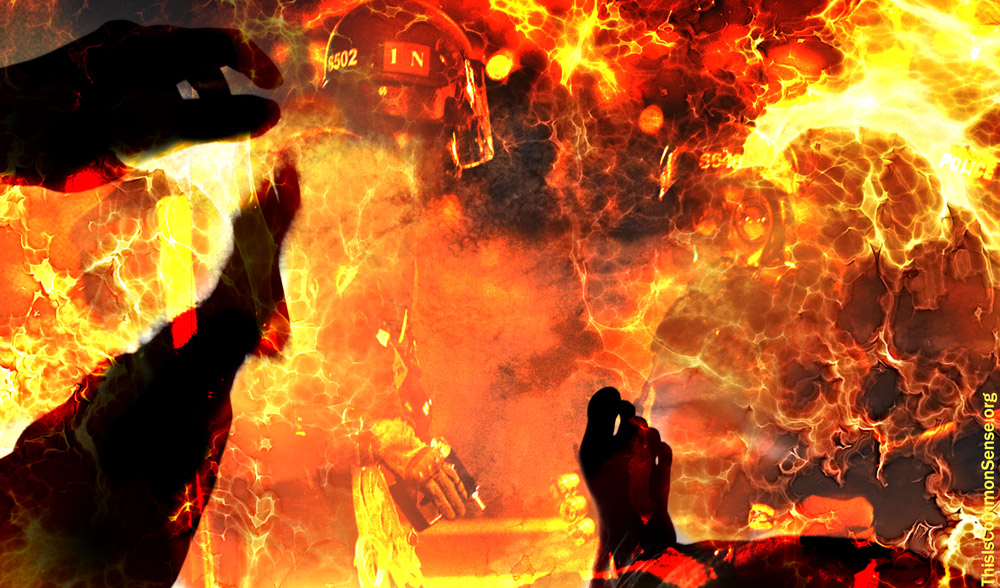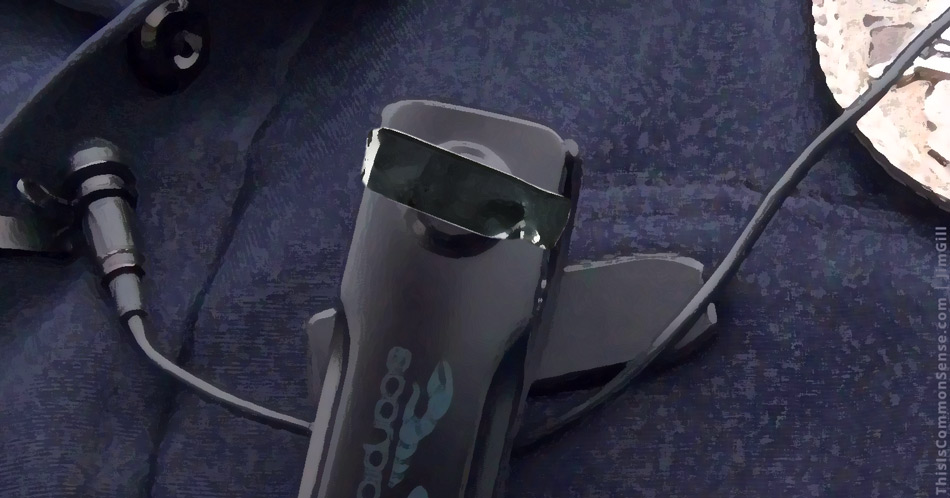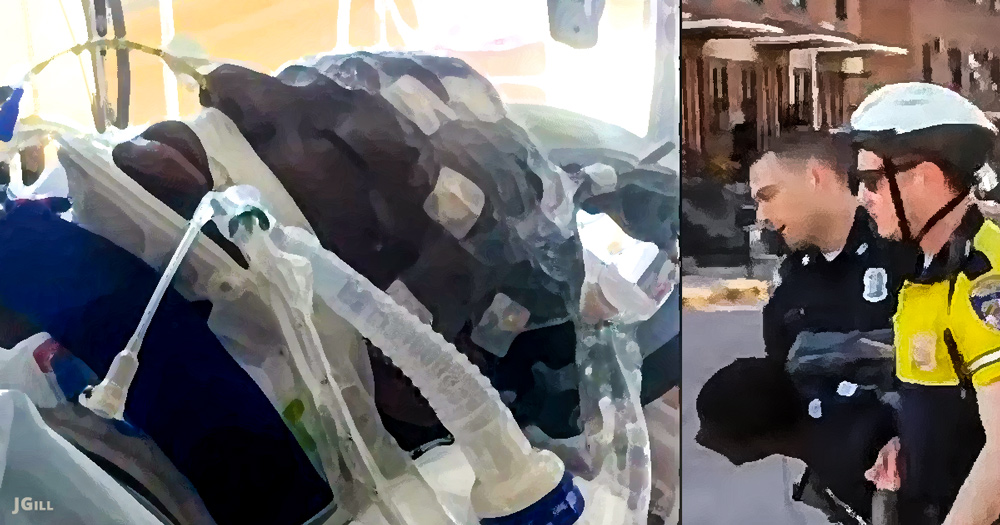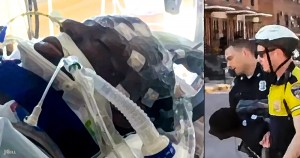Extreme forms of protest — that is, rioting, looting, and street violence, as well as chanting about killing people, carrying torches, and the like — don’t help the cause of those who engage in it.
You know it; I know it — but is it common knowledge?
So, as a contribution to the common wisdom of Homo (hopefully) sapiens politicus, let us stress the truth, which we can now back up with a study published in the Journal of Personality and Social Psychology.
Eric W. Dolan, writing on PsyPost, explains that six experiments involving 3, 399 participants “assessed how different types of protest behaviors influenced support for a variety of progressive and conservative social causes, including the Black Lives Matter movement and the anti-abortion movement. They found that more extreme behaviors — such as the use of inflammatory rhetoric, blocking traffic, and vandalism — consistently resulted in reduced support for social movements.”
While “extreme protest behaviors” garner media attention, they turn away more people than they bring in.
“We found extreme anti-Trump protest actions actually led people to not only dislike the movement and support the cause less, but to be willing to support Trump more,” the researcher who talked to Dolan, said. “It was almost like a backlash.”
Almost?
Protest organizers have to understand that their enemies also know this backlash effect, and have incentives to corrupt peaceful protests by sparking extremism. Infiltrators from governments as well as opposing groups have been known to incite riots or cause destruction simply to discredit protests.
While destruction and mayhem by some do not negate the crying, dying need for criminal justice reform,* the tragedy remains: violence does spoil good will.
And calling in federal troops, as the president threatens, discredits almost everything. What a mess.
This is Common Sense. I’m Paul Jacob.
* Much better than the turn to violence? Protest morphing into specific legislative and administrative reform. Ending “qualified immunity” for public officials, mentioned here Friday, and proposed by Representative Justin Amash (L-Mich.), would be a great start.
—
See all recent commentary
(simplified and organized)




